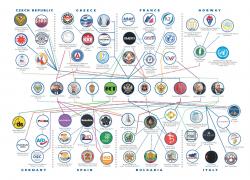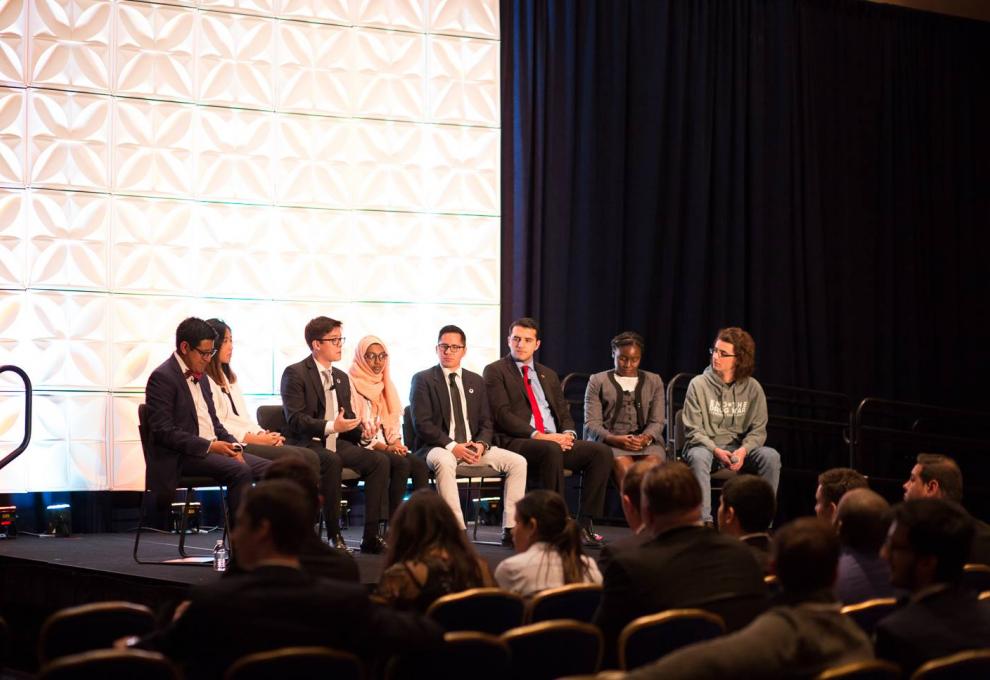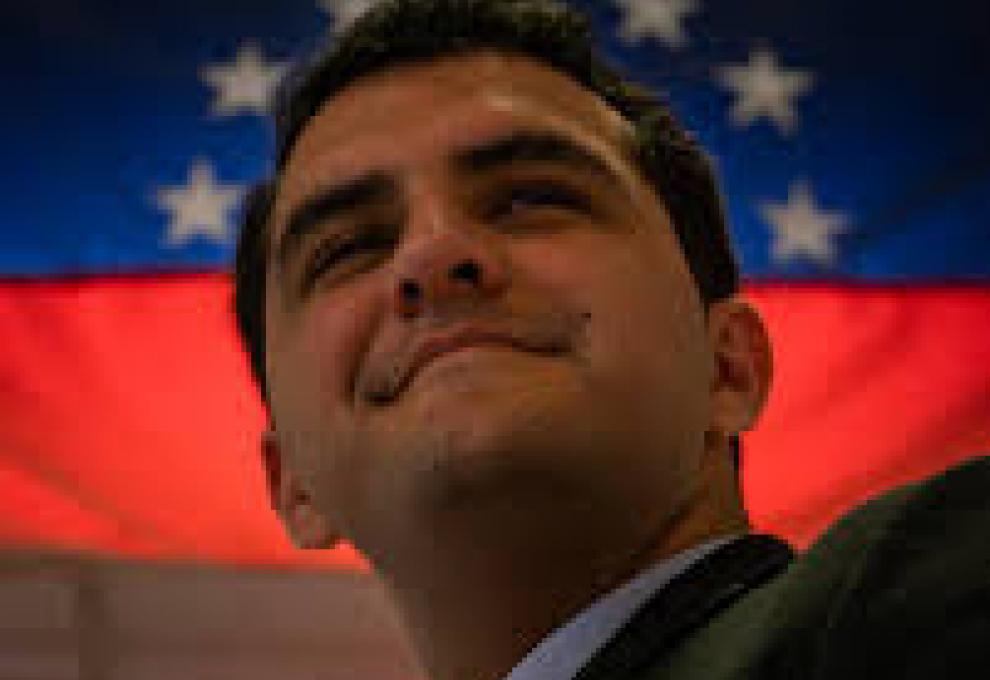Biden’s Foreign Policies Angers Europe
America is not “back,” as President Biden said during his inauguration. Especially with Europe, America has not acted as an unconditional ally, and according to many EU officials, Biden’s new Indo-Pacific security initiative exemplifies that.
One of the main critiques to President Trump has related to his way of handling America’s foreign policy. The argument was that Trump was an isolationist and unwilling to cooperate with America’s more vital allies, a policy agenda that would deteriorate the United States’ status as the world leader.
However, a few months into Biden’s presidency, the U.S. foreign policy seems to be as uncooperative as ever. From Biden’s decision to abruptly leave Afghanistan to his foreign policy on East Asia, the U.S. has done anything but cooperate with the world, especially with the European Union.
Just this week, President Biden angered France and the rest of the European Union by announcing that the United States will join Britain and Australia in a new Indo-Pacific security initiative aimed at countering China.
The decision of leaving the European Union outside of this security agreement was received with anger by EU officials, such as the French Foreign Minister Jean-Yves Le Drian and the European Union’s Foreign Policy Chief Josep Borrel.
Jean-Yves Le Drian called the United States’ decision “a total incomprehension” and a “stab in the bank.” Borrel, similarly, said that the European Union was not consulted.
“I suppose that an agreement of this nature was not cooked up the day before yesterday. It takes a certain amount of time, and despite that, no, we were not consulted,” Borrel said.
Borrel then added that the United States’ actions demand a response from the European Union. “That obliges us, once again … to reflect on the need to put European strategic autonomy high on the agenda,” he said. EU’s strategic autonomy basically means achieving a higher level of self-reliance, from building higher defense and security capabilities to greater economic self-sufficiency.
As mentioned, Biden has also been criticized by Europe in the recent past; in July, over Biden’s consent to a Russia-to-Germany gas pipeline, bypassing Ukraine and Poland; and just last month, over Biden’s chaotic and unexpected decision to withdraw from Afghanistan, especially after Europe expressed its reservations about such decision.
Moreover, Europeans still cannot travel to the United States. Since the pandemic began, the United States has prohibited Europeans from visiting the country for traveling. Initially, the decision was taken when countries like Spain and Italy had relatively higher inflection rates. However, as of today, these countries are in the same or even better shape than the United States in terms of infections and vaccination.
I think the conclusion we can draw from this is that the United States is not “back” as Biden said when he became president. The United States is still acting just like it has acted during the entire twenty-first century. It is no longer a feared adversary. It is no longer a committed and unconditional ally. It is, as the French foreign minister put it, an uncomprehensive actor in the international community.
This has to change. It has to change ASAP. Otherwise, the world will indeed become a more authoritarian place, where the only countries that cooperate are not precisely those who are democratic, but rather those who are as autocratic as it gets.
By Jorge Jraissati
Jorge Jraissati is a Venezuelan economist and freedom advocate. He is the Director of Alumni Programs of Students For Liberty, an NGO advancing the ideas of a free society in over 100 countries. Beyond SFL, Jorge is a research consultant for IESE Business School, an economist from the Wilkes Honors College and the President of Venezuelan Alliance, a policy group specialized in the Venezuelan humanitarian crisis. Jorge is a weekly columnist here at Freedom Today Network.




















